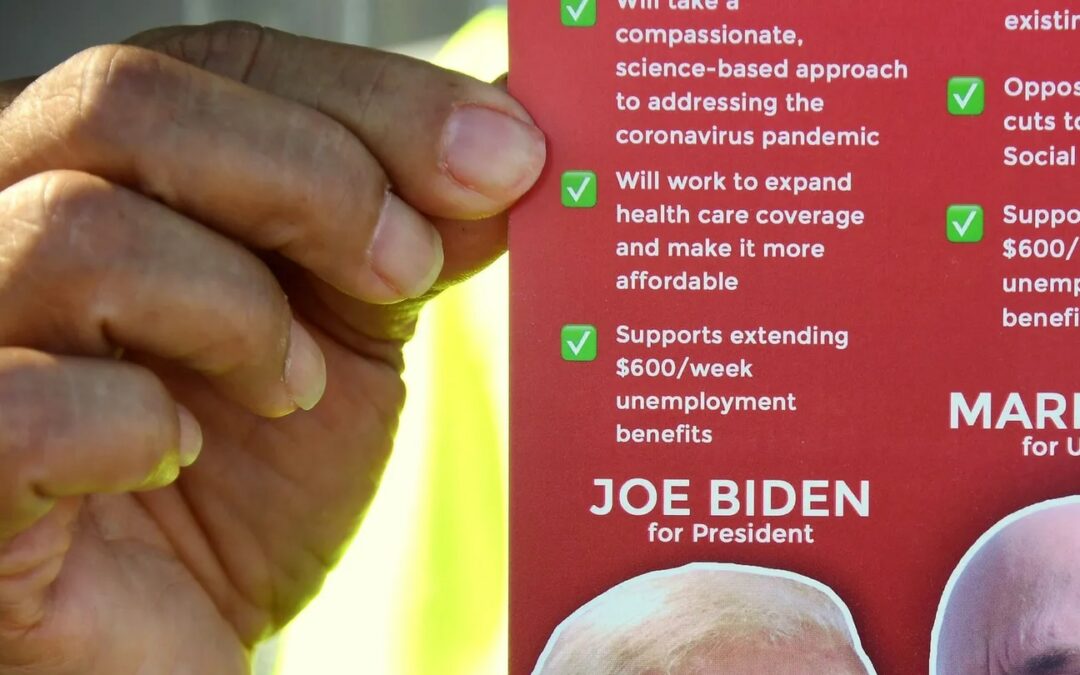Read this article on Teen Vogue
This op-ed talks about how young organizers and people of color helped turn Arizona blue.
By Caroline Choi
Five days before the general election, four friends and I drove 14 hours from Oakland, California to Phoenix to become volunteers with Seed the Vote, a project of the social justice political fund Everyday People PAC and UNITE HERE Local 11, a local labor union. Our goal? To flip Arizona blue and deliver the state’s 11 sweet electoral college votes to Joe Biden. Not only that, but we wanted to elect former astronaut Mark Kelly as senator, and pass Arizona’s Proposition 208, a tax on those making $250,000 or more that would fund education and support teachers.
After spending hours training with tireless UNITE HERE organizers, rehearsing hypothetical conversations with apathetic voters, reviewing Kelly and Biden’s political platforms, and learning the talking points for Prop 208, we promptly dispatched into Phoenix’s tidy suburbia. Carrying stacks of flyers and clipboards, we donned large plastic face shields over our masks, resembling what we would later call “democracy aliens.”
On our first day, my small team and I knocked on more than 200 doors. We spent nearly eight hours that day trudging around the scorching Maricopa County neighborhoods, banging on strangers’ doors (and sometimes windows), ringing rusty doorbells, passing out flyers with Biden’s grinning face printed on them, and talking to registered voters — Democrat and Republican alike — hoping to persuade them to vote for Biden, Kelly, and Prop 208. The results were hopeful. People assured us of their plans to vote “blue,” and if they didn’t have one, we helped them determine where their nearest polling booth or ballot drop-off box was located.
For the next few days, my mornings were full of online Zoom classes broadcasted from my Harvard professors, and my afternoons full of tense conversations with young Trump supporters, questions from first-time voters, and sweat accumulated from my double layer of face mask and plastic face shield. It felt like I was living two lives: first, a state of ignorance in which business was continuing as usual, and second, the harsh reality of a battleground where a historical war for human rights was taking place.
Out of all the volunteers, I was one of the youngest. But I didn’t feel out of place. For one of the first times in my organizing career, I felt like I was truly part of a diverse coalition where I had space to work as effectively as I could. I was the only Asian face I saw in Phoenix, but it didn’t deter me. I boldly knocked on doors and rang doorbells over and over again. The mission was so much more important than my fears or my race or my gender or my age. Everyone was united under one goal: to get Trump out of the White House and, in turn, make every person’s future as bright as possible.
By Election Day, I had personally canvassed more than 100 doors in Maricopa County. Seed the Vote and UNITE HERE volunteers had knocked on more than 1 million doors. You know what happened next. Mark Kelly — and, as of the morning of November 13, Biden — won Arizona. And Prop 208 passed with a margin clearing 3%. This is a huge deal. Arizona has not voted for a Democratic presidential candidate since 1996. Volunteers like me and my friends were instrumental in flipping Maricopa County, a (once) conservative area that birthed the careers of many well-known Republicans. I saw firsthand the storied coalition of children of immigrants, young people, and white allies in action.
Defeating Trump was too important to leave merely to the Biden campaign, which youth activists saw as struggling to appear modern and appeal to critical POC voters. An August survey taken by American University showed that only 47% of young Black voters in swing states had made up their minds about voting for Biden. Most polls also displayed Biden with a concerningly weak amount of support from Latinx voters before Election Day. According to a Wall Street Journal poll from August, 48% of Hispanic voters preferred Trump’s approach to the economy over Biden’s.
But with the help of activists and volunteers, Biden was able to reach around 70% of the Latinx vote in Arizona alone. Nationally, according to the Washington Post, Biden won the Latinx vote 2 to 1. Not only that, but Black voters backed Biden nationally by nearly 87%. Neither the Biden team nor Kelly’s team could have won with their work alone. Grassroots organizations like Seed the Vote stepped up to fill the gap, reaching out to bilingual voters and working-class communities. We also talked to disillusioned voters and jaded youth, convincing them to give voting another shot.
Political campaign managers don’t determine how people vote. People determine how people vote. Our work in Arizona proved that regular, everyday people can sway a national election. We know what’s good for our communities and are willing to work to achieve it, as local organizations, unions, and grassroots volunteers have more credibility and better standing than any fancy D.C. political team. This is the future of elections. This is what’s coming to Georgia for the Senate run-off elections.
There is so much more work to be done, but I now believe that it can indeed be accomplished. It begins with grassroots operations and hard-working volunteers like in Arizona. And it ends with tearing down the obstacles barring youth and people of color from casting a vote.
Over winter break, I’ll be traveling to Georgia to canvas voters. Under Georgia law, a Senate candidate must take a majority of the vote to officially win. Neither of the state’s Republican senators reached 50% of the vote on November 3. If we are able to defeat the Republican incumbents, we’ll take a majority in the Senate and be better equipped to protect our civil rights.
I feel certain we’ll be able to flip Georgia and the Senate “blue.” For the first time in four years, I am hopeful.

